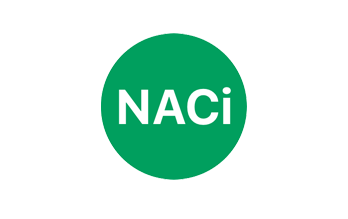Meals On Wheels Queensland in partnership with Nutrition & Catering Institute Ltd has been awarded an ARIIA grant for their ‘Let’s Do Lunch; improving wellness and reducing social isolation among community dwelling elderly’ project.
Let’s Do Lunch (LDL) builds on the social license of Meals on Wheels Queensland (MOWQ) to extend and enhance its social engagement with clients. By going beyond simply delivering meals, volunteers will sit with clients to enjoy a meal together and during this process, using appropriate assessment tools and skills, assist in understanding the client's wellness needs and providing potential solutions. Research suggests that the social contact provided by MoW is highly valued.
This project builds on a small pilot program undertaken by MOWQ in 2021, where initial results were positive in terms of satisfaction with the service, but where the proposed outcomes of improved health and wellbeing were not met. The pilot program identified unexpected differences in the viability and sustainability of the program across metropolitan and regional areas, as well as a variety of other barriers, some of which related to the unique structure of MOWQ. This project will use the consolidated framework for implementation research (CFIR) to explore enablers and barriers for service development.
The pilot identified the need for a volunteer supported online training program for any expansion of the program to occur. This project will develop tools and learning packages to address implementation issues.

